Starting the Conversation About Assisted Living: What to Say and What NOT to Say
Starting the Conversation About Assisted Living: What to Say and What NOT to Say

As your loved ones age, they may begin to face certain challenges and require a higher level of support, such as with showering and dressing. Sometimes their needs may exceed what you and other family members can provide. In these circumstances, you may find yourself considering long-term care options such as assisted living. However, initiating a conversation with a loved one about the possibility of leaving the comfort and familiarity of their home is not easy, and you might be unsure about how to broach the topic in a manner that is both positive and effective. This article provides some guidance on how you can navigate the conversation about assisted living with a loved one, including some tips on how to create a safe space to have this conversation. It also covers how to address any concerns or misconceptions and how you can convey the benefits of assisted living with compassion and confidence.
SETTING YOURSELF UP FOR SUCCESS
When approaching the topic of assisted living, choosing the right time and place is crucial. Find a private and comfortable environment so your conversation won’t be interrupted or diverted by distractions, such as lunch at the dining table or enjoying a drink outside on the patio. Also take into account your loved one’s schedule. Do they attend regular fitness classes, have a favorite daily program they watch, or meet with friends for a weekly lunch date? Choose a time that won’t interrupt their routine, so you have a better chance of a calm and relaxed conversation.
Also, having the right people present, including family members or close friends, lets your loved one know that many people are on hand to support them in this journey. Do your research, so you can come into the conversation with informed options and a clear picture of what assisted living looks like. Think about having a professional join the discussion who can add practical information and serve as an authority on the topic. By creating an open dialogue, you let your loved one know you have their best interest in mind. WHAT TO SAY Leading with love is important in any conversation. A good starting point can be expressing concern for the challenges your loved one may be facing to help create a sense of trust and understanding. Sharing specific examples, personal experiences, or stories of others in this situation may help make the topic more relative and approachable. Emphasize that your loved one’s health and well-being are your number one priority, and explain the ways assisted living can support them. Remember to acknowledge their fears and emotions, letting them know their feelings are valid. Involving your loved one in the decision-making process is key. Present some of the options and alternatives to assisted living, and actively listen to their response. This can help you gauge how they feel about the idea of transitioning to a long-term care community, and it can also identify some of their fears. This helps you express how assisted living could be a favorable decision for your loved one and the family.
WHAT NOT TO SAY
Many people have negative associations with long-term care and may even think of assisted living facilities as institutional or clinical environments. As you engage in your discussions, be mindful of the words you choose. Keep the tone positive, and avoid language that’s negative or could be perceived as judgmental. Words such as “facility” or “institution” may come across as cold or unwelcoming. “Community” is a much better alternative that emphasizes the social aspect of assisted living. Avoid phrases such as “giving up,” “abandonment” or “losing independence,” all of which can create a sense of fear and resistance toward the idea of long-term care outside the home. Showing respect for your loved one’s independence and autonomy is paramount. Avoid making assumptions or reverting to stereotypes about aging and long-term care, and don’t focus too heavily on your loved one’s limitations and physical challenges as to why they “need” assisted living. Instead, focus on the benefits that an assisted living environment could provide for them in terms of their safety, well-being and overall quality of life. Assisted living is not about taking away their control, but rather providing them with the support and resources they need to thrive.
THE BOTTOM LINE
Navigating conversations about assisted living can be challenging, but it’s often necessary to ensure the safety, well-being, and happiness of your loved one as they age. Love, care, and support should be at the forefront of this journey. By creating the right environment, expressing love and concern, and respecting your loved one’s autonomy, you can help them to see the benefits that an assisted living environment can provide. Open dialogue, active listening, and an empathetic tone can help ensure the experience is positive for everyone involved. Remember to explore alternatives and keep your loved one involved in the decision-making process. By working together, you can find the best solution that meets their needs and preferences so they can age with grace and dignity.
SOURCE: MIAMI HERALD










